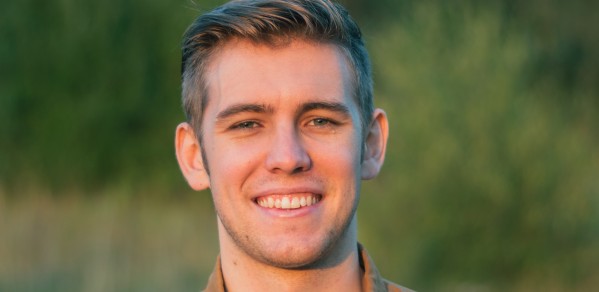
PhD student Jack Foster has been accepted into the Turing Enrichment Scheme for 2023 at the Alan Turing Institute.
The Turing Enrichment Scheme is a great opportunity to collaborate with academics and PhD students from across the UK, and to branch out beyond my own research area.
PhD student Jack Foster
Jack's research blends both theoretical and applied aspects of machine learning. His theoretical contributions are focused on continual learning for long-term autonomous agents in multi-agent settings as well as novel unlearning methods for robust, privacy-aware models. The application of his research is ensuring food security and sustainability, helping detect and mitigate risks to the food supply-chain with machine learning techniques.
Talking about his PhD Project 'Overcoming Spatio-Temporal Variance in Deep Knowledge Graph Reasoning Tasks' Jack explains:
"As AI and machine learning becomes increasingly ubiquitous, we need to consider how our data changes through space and time. For example, often different organisations have access to different data streams, and these data streams are constantly evolving.
"These challenges manifest in loads of areas, but a good case study is the food supply-chain. Here, food is traded in an incredibly complex system that spans the entire globe and and these trading patterns are constantly changing. Improving the ability of AI to manage these spatio-temporal changes would allow us to be more resilient in the wake of food supply disruptions, such as climate change or war.
"To address these issues, we're introducing a number of important innovations such as new ways of allowing machine learning models to learn to teach each other, to forget outdated information, or to learn new information without forgetting previous knowledge."
Jack’s PhD project is being carried out in collaboration with Dyson Farming, under the primary supervision of Professor Alexandra Brintrup.
Jack is a member of the EPSRC Centre for Doctoral Training in Agri-Food Robotics and is supported by the James Dyson Foundation. He has previously worked on research projects in nuclear robotics, robot kitchens, and statistical simulations of human neuro-imaging data.

